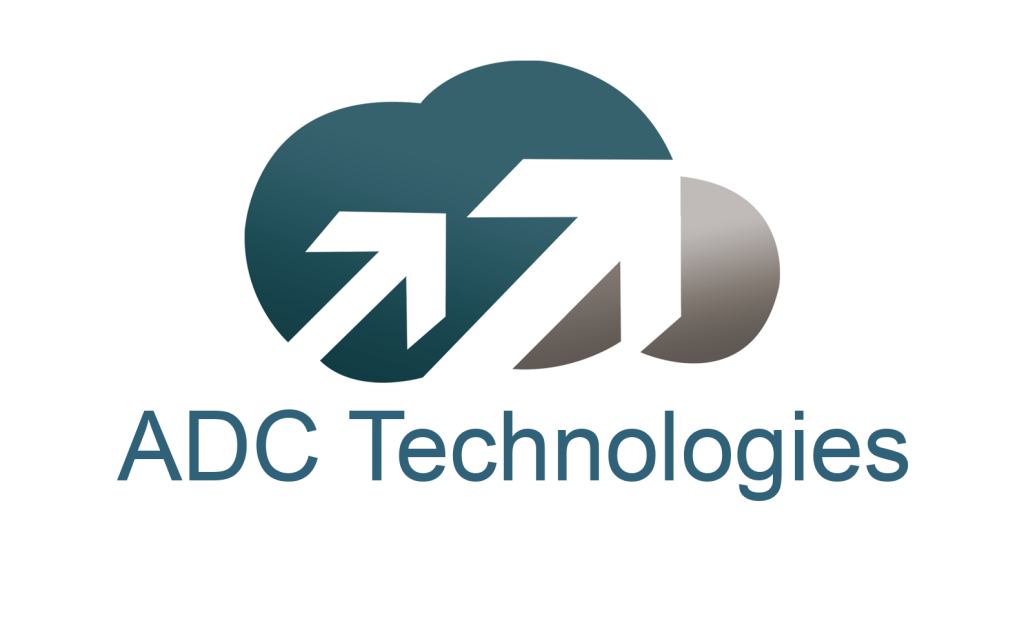In today’s digital world, data is a fundamental asset that fuels business operations, customer relationships, and organizational growth. However, with data breaches increasingly targeting sensitive information, securing it against unauthorized access has become an essential aspect of organizational success. The recent UnitedHealth Group breach, which compromised sensitive data of over 100 million people, serves as a powerful reminder of the necessity for robust data security practices.
First, lets explore the importance of data security, multi factor authentication, and data backups, and look at specific instances from the UnitedHealth data breach to highlight how these practices can protect organizations from costly cyberattacks. Then we can discuss how ADC Technologies can help keep you safe.
Understanding the scale of modern data breaches
The UnitedHealth Group data breach exemplifies the scale and complexity of modern cyber threats. In this incident, the attackers targeted UnitedHealth’s subsidiary, Change Healthcare, which handles claims processing for millions of individuals. Using stolen credentials, cybercriminals accessed Change Healthcare’s systems, gaining entry to six terabytes of sensitive data, including personal identifiers, financial information, and healthcare records. This breach impacted millions, leading to disruptions across healthcare systems as hospitals and clinics faced delays in claims processing and other services.
Organizations that fail to secure their data adequately risk not only financial losses, but also reputational damage and legal consequences. As shown by UnitedHealth, the cost of a single data breach can be astronomical, with their total damages projected to reach $2.45 billion due to fines, operational downtime, and required cybersecurity investments.
The importance of data security in safeguarding sensitive information
Data security serves as the foundation for protecting sensitive information against unauthorized access, disclosure, and loss. With sensitive data becoming increasingly digital, security protocols that protect against these risks are now essential for regulatory compliance and customer trust.
- Data security and compliance: Healthcare organizations, including UnitedHealth, are bound by regulations like HIPAA, which mandates strict data protection measures for safeguarding patient information. The breach highlights that even regulated industries can experience vulnerabilities if security measures are not sufficiently robust
- Financial and reputational costs: The cost of failing to secure sensitive data can be immense. UnitedHealth’s breach response involved negotiating multiple ransom payments and managing reputational damage, demonstrating that prevention is far less costly than remediation.
The UnitedHealth incident shows how important it is for all types of organizations to prioritize data security, not only as a compliance measure, but as a core practice of their operational resilience.
Multi Factor Authentication is an essential layer of security
Perhaps the most troubling detail of the UnitedHealth breach was the absence of multi factor authentication for Change Healthcare’s Citrix remote access system, which attackers exploited using stolen credentials. Multi factor adds an additional layer of security by requiring users to provide two or more verification factors to access systems. It’s a vital control, as demonstrated in this breach, where unauthorized access led to an extensive data compromise.
There are many benefits of having multi factor authentication for your business. There is a reduced risk of unauthorized access, meaning attackers have a more difficult time gaining access to systems with only stolen credentials. Enhanced compliance is another benefit – many regulatory standards require MFA to protect sensitive information, particularly in healthcare. Businesses can prevent credential-based attacks, even if an attacker obtains a user’s password, they won’t be able to access the system without the second authentication factor.
In the UnitedHealth breach, implementing MFA could have significantly reduced the risk of unauthorized access. For organizations managing sensitive data, implementing MFA across all systems that handle confidential information is no longer optional, it is a needed defense to prevent credential-based attacks.
Data Backups are the last line of defense
Data backups are essential to ensuring continuity in the event of a cyberattack, natural disaster, or other disruptions. When UnitedHealth’s systems were encrypted by the ransomware attackers, the company was forced to negotiate with the attackers, resulting in an initial ransom payment of $22 million for a decryption key. Having reliable, regularly updated backups allows organizations to recover data independently, reducing the incentive to negotiate with attackers and the impact of operational disruptions.
Benefits of Regular Data Backups:
- Rapid Recovery from Cyber Incidents: Backups allow organizations to restore data without paying ransoms, minimizing downtime and financial losses.
- Data Integrity and Continuity: With backups, organizations can ensure the integrity and availability of their data in case of malicious data manipulation or deletion.
- Compliance and Risk Mitigation: Regular data backups are often required under industry regulations and are a critical component of any disaster recovery plan.
For UnitedHealth, having a comprehensive backup strategy could have minimized the operational impact of the attack and proved an alternative to the ransom demands. Organizations across all sectors should treat data backups as an essential component of their security strategy to enable faster recovery from incidents.
Implementing a comprehensive data security strategy
For companies that manage sensitive data, a comprehensive security strategy that includes data encryption, access controls, endpoint protection, and employee training is crucial. ADC Technologies demonstrates best practices when implementing your strategy, including:
- Data Encryption: Encrypting sensitive data both in transit and at rest to prevent unauthorized access
- Regular Security Audits: Conduct regular security audits to identify vulnerabilities and ensure that security protocols align with evolving threats
- Employee Training: Educate employees on recognizing phishing attempts, safeguarding login credentials, and following security best practices
- Incident Response Planning: Develop a well-defined incident response plan to ensure a coordinated, swift response to any security incident
How ADC Technologies can help strengthen security
At ADC Technologies, we understand the vital importance of data security in today’s digital landscape. Our security services are designed to support organizations in implementing the layers of defense necessary to prevent and respond to threats. We offer tailored MFA solutions to add essential security layers to sensitive data systems. Our real time monitoring solutions can help detect and mitigate most threats. With our reliable data backup and recovery solutions, your business can ensure data continuity, even in the face of a cyberattack.
By partnering with ADC Technologies, organizations can proactively strengthen their security posture and safeguard their sensitive data.
The recent UnitedHealth Group breach is a reminder that security, MFA and regular backups are essential for protecting sensitive information and ensuring operational resilience. With cyber threats on the rise, a proactive approach to data security can mean the difference between costly losses and business continuity. Investing in comprehensive security solutions and following best practices are crucial steps that every organization should take to protect its data.
For more information on how ADC Technologies can support your organization’s security strategy, contact us today!
Sources: Techopedia | bleepingcomputer | cpomagazine



